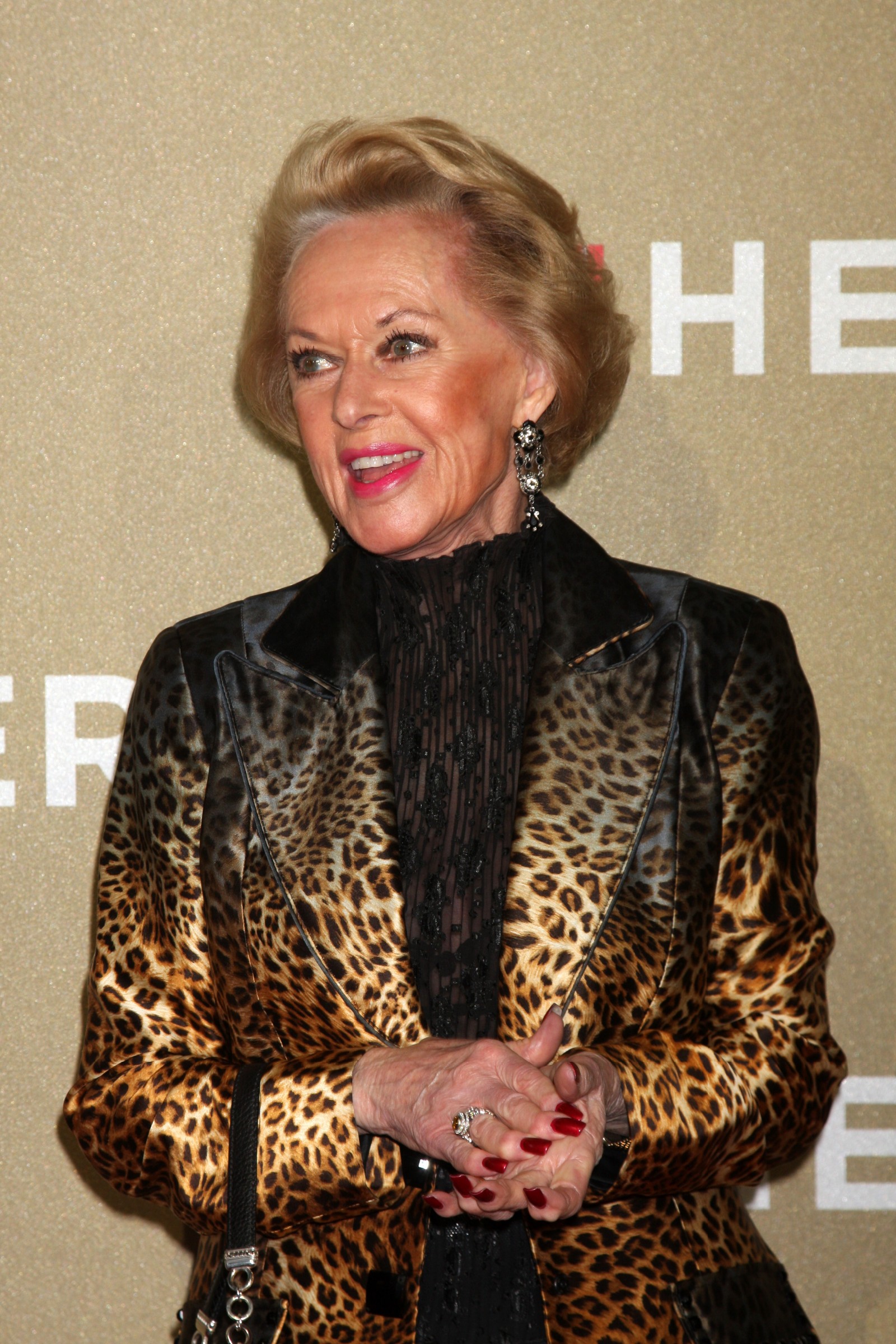History of Nail Salons in America
When actress Tippi Hedren visited a Vietnamese refugee camp in California 40 years ago, the Hollywood star's long, polished fingernails dazzled the women there.
Hedren flew in her personal manicurist to teach a group of 20 refugees the art of manicures. Those 20 women - mainly the wives of high-ranking military officers and at least one woman who worked in military intelligence - went on to transform the industry, which is now worth about 8 billion dollars and is dominated by Vietnamese Americans.
"We were trying to find vocations for them," says Hedren, who is perhaps best known for starring in Alfred Hitchcock's The Birds and for running a wildcat sanctuary at her home in Southern California.
"I brought in seamstresses and typists - any way for them to learn something. And they loved my fingernails."
Hope Village, the refugee camp, was in Northern California near Sacramento. Aside from flying in her personal manicurist, Hedren recruited a local beauty school to help teach the women. When they graduated, Hedren helped get them jobs all over Southern California.
"I loved these women so much that I wanted something good to happen for them after losing literally everything," Hedren told the BBC from a museum she is building next to her home. The museum includes Hollywood memorabilia, a few photos of the women at Camp Hope and awards she's won from the nail care industry.
The Vietnamese gave the nail salon business a radical makeover. In the 1970s, manicures and pedicures cost around $50 - fine for Hollywood starlets but out of reach for most American women. Today, a basic "mani-pedi" can cost around $20, largely due to Vietnamese American salons, which typically charge 30-50% less than other salons, according to NAILS Magazine.
Forty years after the fall of Saigon, 51% of nail technicians in the United States - and approximately 80% in California - are of Vietnamese descent. And many are direct descendants of that first class of women inspired by the nails of a Hitchcock blonde.
Writing Credit: Regan Morris, BBC News Los Angeles
https://www.bbc.com/news/magazine-32544343
